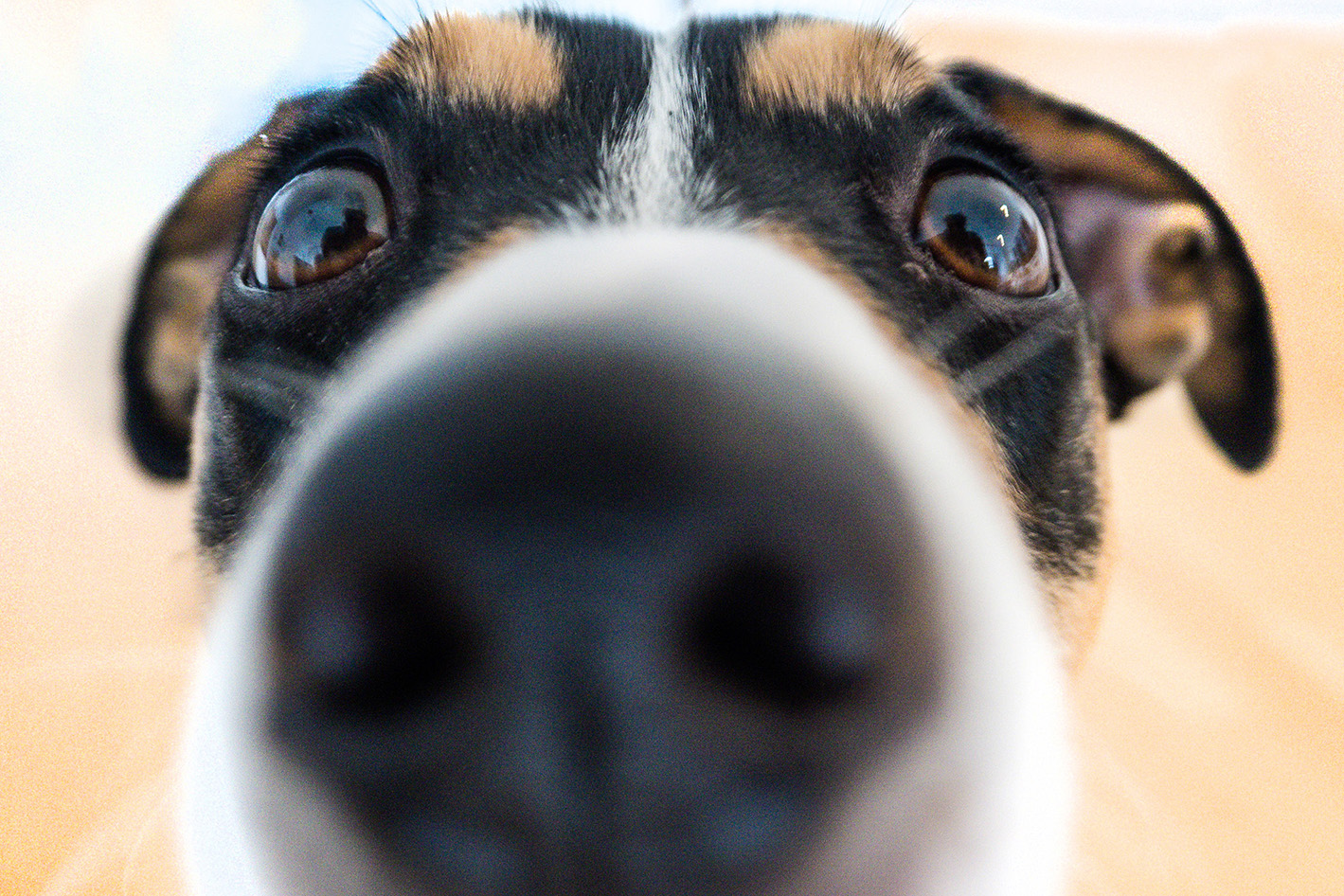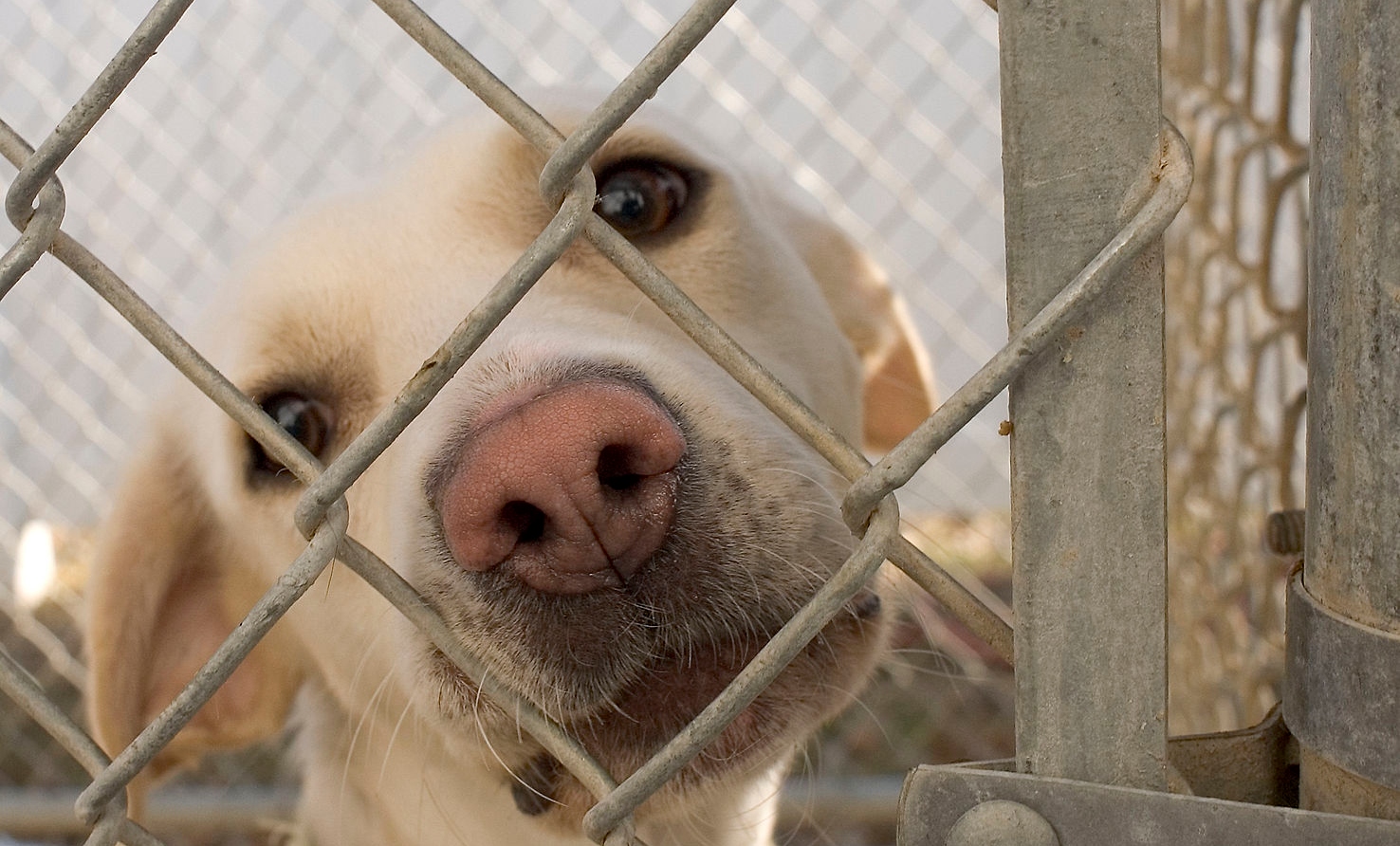
Drug sniffers on the nose with Greens

BY JADE MORELLINI
The success of drug-detection dogs has been put into question, with the Greens releasing new figures on the amount of money spent on hiring the dogs – an estimated $6000 per hour for only three dogs – which they claim deliver false-positives 50-75% of the time.
Greens MP David Shoebridge said, “NSW police drug-dogs are one of the most flawed and failing elements of the NSW government operation… Not only do the dogs get it wrong most of the time, but even when they do find somebody with drugs it’s often only one joint or one pill.”
“We asked the commissioner for the cost of drug-dog operations per hour and, clearly because the numbers were so embarrassing, he refused. So, we did the numbers ourselves and a 6-hour drug operation at a music festival, using three dogs, costs approximately $36,000 – in short it is an expensive failure,” Shoebridge said.
These dogs are not only having a negative financial impact, but The Greens claim they are fracturing the relationship between the police and marginal communities.
“Drug-dogs tend to target young people, Aboriginal people and people of colour,” Minister Shoebridge said, “and those are the very parts of the community that the police often have the greatest difficulty in gaining cooperation.”
Drug dogs may also cause emotional trauma for individuals who are searched, making them feel disempowered and stressed, even if they aren’t carrying drugs.
Peta Malins, lecturer in Justice and Legal Studies at RMIT University, said, “Through my research, I’ve found that being stopped by the dogs [at music festivals] causes a lot of stress, particularly when police searched them and questioned them afterwards.
“The sense of disempowerment that they experienced stayed with them throughout the rest of the festival and affected their experience… it changed their relationship with the police and their perceptions and willingness to go to police if they needed help, so it is having a negative impact on that police relationship.”
A central aim of the drug-dog operations is to deter people from taking drugs. However, Malins claims the dogs are adversely encouraging irresponsible behaviour from drug-users, which increases the danger of overdoses and other drug-related issues.
“My research definitely suggests that they are not actually deterring drug use at all,” Malins said, “it’s just encouraging people to change their drug-use behaviour. None of the people I spoke to said they were going to stop or reduce use because of the detection dogs.”
“There have been a series of reported cases where particularly young, inexperienced drug users on sighting a drug-dog have taken multiple tablets at once and that panicked ingestion can lead to really serious health consequences including death,” Shoebridge added.
Other dangerous behaviours she listed include doubling the drugs they would take prior to arriving at an event to avoid detection, or “stashing drugs internally in cavities such as the vagina or the anus to get in. They wouldn’t have done that before, but in response to the drug-dogs they do things like that.”
Reports indicate that drug users, particularly at music festivals, are substituting drugs believed more likely to be scented by the drug-dogs, such as cannabis and MDMA, with new experimental and less detectable drugs, which have potentially far more significant health consequences.
“Yet again that obvious negative impact of the drug-dogs program doesn’t seem to get through to the police minister or the police commissioner,” Minister Shoebridge said. “We repeatedly raised this with NSW police but they simply don’t care. They are after the PR hit rather than being genuinely concerned about harm minimisation.”
Drug-dog searches have been significantly reduced, with NSW Police being more targeted in where they implement the searches.
The Greens claim this has a lot to do with their public awareness campaign Sniff Off, launched in May 2015.
On their Sniff Off Facebook page they claim, “Drug sniffer dogs do not work. In fact they are wrong 74% of the time.
“The Police focus their drug dog operations on music festivals, bars, public transport and Redfern. In other words, police drug dogs are targeted at young people, Aboriginal communities and the poor. Most people who are found with drugs are carrying small amounts of cannabis – they are not dealers. Just over 2% of those searched are convicted of a supply charge.”
“The Sniff Off campaign has been enormously successful,” said Minister Shoebridge. “There’s a long way to go to having zero drug-dog searches but we’re on that path and I think largely because of this campaign.
“Every dog that’s not on the street is $2000 dollars saved per hour. That’s approximately $6-9million per annum to keep them trained and fed and serviced and this comes from NSW taxpayer’s money.”









